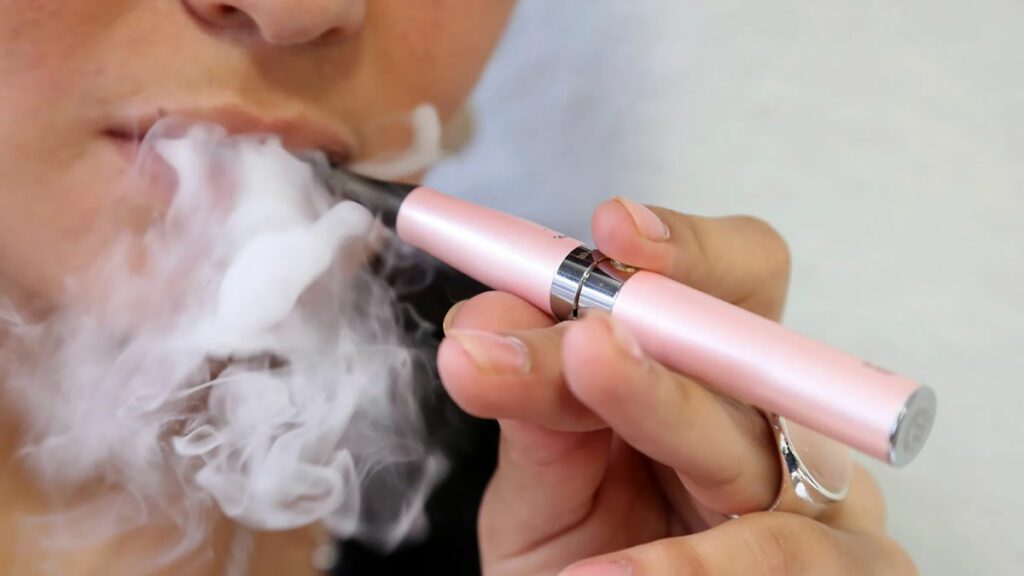The Spanish Ministry of Health has drafted a new anti-tobacco law that proposes to ban single-use disposable vapes and significantly expand smoke-free zones to more outdoor public areas. The legislation aims to equate the regulation of electronic cigarettes with that of conventional tobacco, with the goal of reducing tobacco consumption prevalence by 1-2%.
A key provision of the new draft law is the prohibition of single-use (disposable) vapes. The primary argument for this measure is "the right of the non-smoking population to breathe uncontaminated air." Under the new rules, these emerging forms of consumption will face the same restrictions as traditional tobacco. The sale of nicotine products like disposable e-cigarettes will be limited to tobacconists ("estancos") or authorized vending machines.
The legislation also introduces plain (neutral) packaging for tobacco products, mandating a single, uniform color for both the interior and exterior of packs to reduce their visual appeal, especially to young people. All advertising and sponsorship of tobacco-related products will be prohibited, and smokers' clubs will be eliminated.
The list of smoke-free (and now vape-free) zones will be expanded to include:
- Outdoor and covered areas of healthcare centers, educational and training facilities (including universities).
- Sports facilities and public swimming pools.
- Indoor and outdoor areas of bars, restaurants, and other hospitality establishments.
- Company vehicles.
- Public entertainment venues, party halls, and gaming establishments.
- Children's playgrounds and play areas.
Furthermore, the law reinforces protection by prohibiting smoking and vaping within a 15-meter perimeter of the entrances to public buildings, health centers, educational institutions, museums, libraries, and sports centers.
The government estimates these measures could generate significant savings for the public health system, potentially between €100 and €200 million annually in the medium term, in addition to reducing indirect costs from work absences, lost productivity, and premature mortality. Once the law is approved, the tobacco and e-cigarette industry will be given a 12-month period to adapt to the new regulations, particularly regarding the plain packaging requirements.
- News source: Nueva ley antitabaco: Sanidad prohíbe los vapers desechables y amplia las zomas libres de humo

Vape Content Creator | Flavor Reviewer | Lifestyle & Vape Culture Editor
Emily Carter is a vape-focused content creator specializing in flavor reviews, device aesthetics, and lifestyle-oriented vaping content. With hands-on experience testing disposable vapes and pod systems, Emily delivers clear, visually driven insights designed for adult consumers.








